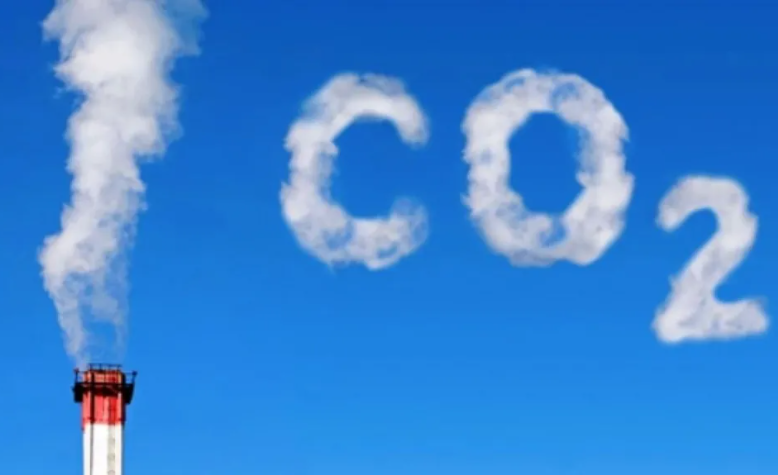Gu Bin: Associate professor at Beijing Foreign Studies University Law School , China Forum Expert
Last month, United States President Joe Biden asked his G7 counterparts to work on a world-wide infrastructure plan to rival China’s Belt and Road Initiative (BRI). It marked the debut of Biden’s campaign for international cooperation in high quality infrastructure, which may be viewed as a scale-up version in a post-COVID 19 world to the Blue Dot Network of the Trump era. Nevertheless, Biden’s call produced little concrete results.
However, that G7 meeting promised to stop using government funds to finance new international coal power plants by this year end. This explicit commitment should strike a jarring gong for BRI, against which a wave of blames for environmental deterioration has been roaring non-stop since it was initiated in 2013.
Coal power generation is the single biggest source for greenhouse gas emissions. If BRI makes similar, coal-free commitments, it may contribute to the Paris Agreement and 1.5°C goal, and thus improve its own reputation. The Second Belt and Road Forum, a top international gathering event of BRI held in Beijing in 2019, embarked upon a new phase of constructing high-quality BRI, where a central plank is being clean and green. A commitment of no more coal surely helps in fulfilling this ambition.
Banning coal is consistent with China’s pledge of carbon peak by 2030 and carbon neutrality by 2060, the interval of the two timelines being the shortest among major economies. By banning coal, BRI would force major development financiers—China Development Bank and China Exim Bank, as well as commercial banks, to adopt best practices, which in turn would accelerate the pace of BRI borrowing countries’ domestic transition to a green future.
More than 30 major international institutions are official partners with BRI. They include the United Nations, the IMF, the World Bank, to name a few. These institutions prioritize international best practices in their genes. A coal-free BRI will help shy away any of their doubts, if ever, and incentivize them to see BRI investments as the apple of their eye.
BRI should be particularly watchful, and responsive to the policy development of multilateral development banks. For example, the European Investment Bank will stop financing fossil fuel energy projects (including oil, gas and coal) starting next year. The Asian Development Bank has not funded a coal power plant since 2013, and it banned coal formally in an energy policy proposal last May. The Asian Infrastructure Investment Bank is following the same path, expecting to discuss and update its energy strategy by banning coal power later this year.

According to the UN source, more than 110 countries have pledged carbon neutrality by 2050. A low-carbon economy represents the greatest business opportunity of our time. Those who move resolute and fast in that direction will benefit the most.
140 countries have expressly endorsed BRI so far. Even some Western countries have chosen to reap the benefits of the BRI through the so-called third-party market cooperation. By declaring coal free, more countries expect to change their position and join this cheering squad.
It is best to have BRI viewed as a new corridor for China -West cooperation, at a time of ever-increasing uncertainty and destabilization. No more coal for BRI makes it possible.
I am not naively suggesting that BRI has been targeted and stigmatized on the ground of low standards merely. it is mainly because, the US as the hegemon feels threatened by China’s rise. By committing zero funding for new coal power plants, BRI will harvest good will from the West, in particular from western Europe, devastating Biden’s strategy of coaxing and hoaxing its allies to corner China in a larger context.
Last but not least, I have a deep faith that, in order to make a better world for us all, green standards must be feasible. Asia has the richest coal deposit, representing 38% of world reserves. Being cheap and accessible for most developing countries, coal constitutes some 40% of energy consumption in Asia, much higher than the world average of 27%. This fact must be acknowledged and not ignored.
Therefore, a coal-free BRI does not mean no coal at all or at once. Instead, for those existing coal power plants, investments should rather be encouraged by using “clean coal” technologies, such as carbon capture and storage, to make the dirty coal greener and enable it to phase out gradually; in case of an early coal-power retirement, alternatives must be available and attractive.
(Originally published at "Financial Times" on Jul 5, 2021)
